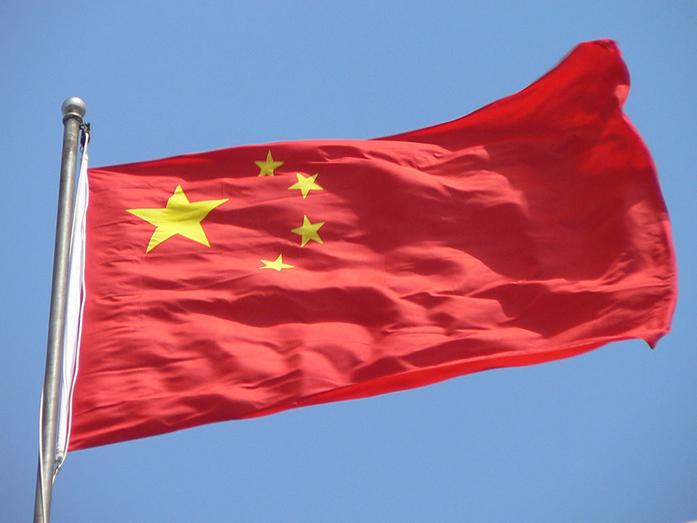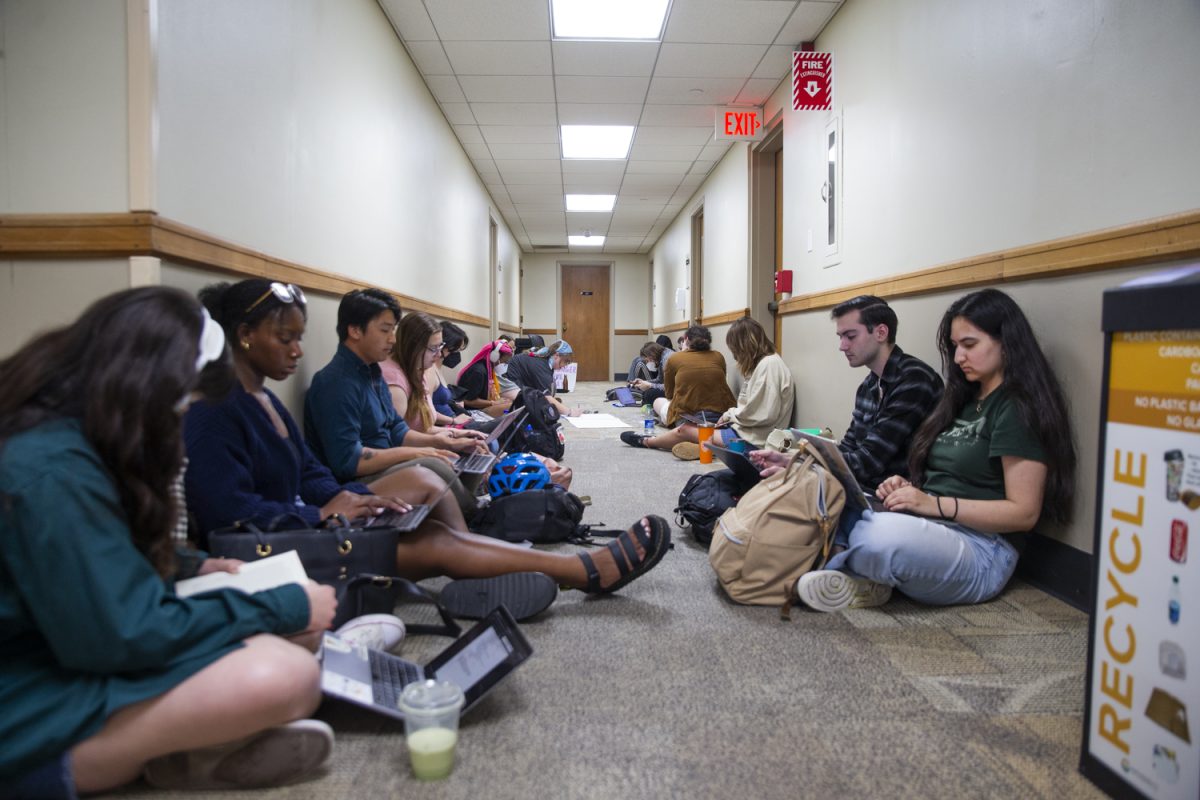One-child Policy
By Zhao Li
Jealous of your parents? Yuou Li is.
“I felt jealous of my parents,” said Li, a junior here at University of Iowa, who was originally from Zhengzhou, China. She was born in the first ever “only-child” generation in Chinese history.
“Every time when my parent told me about their childhood memory with their siblings, I felt jealous,” Li said. “My dad has a sister and my mom has a younger brother. However, I am an only child.”
China first introduced its one-child policy in the late 1970s in order to slow down the rapidly increasing population growth rate. The policy restricts every couple to only having one child, with some exceptions. For example, in rural areas, families were allowed to have two children if the first was a girl.
Li pointed out that when she was young, she felt awkward staying with someone younger or older than her.
“I did not know how to start a conversation with people with different ages from me,” Li said. “I just felt so uncomfortable, maybe because I’m an only child.”
But luckily, Li’s children will not need to be jealous of their grandparents.
The Chinese government announced it would relax the one-child policy last month and will allow all couples to have two children after being approved by the National People’s Congress, China’s top legislature, in March.
According to a study of more than 20,000 children by Douglas Downey, associate professor of Sociology at Ohio State University, and Dennis Condron, graduate student at Ohio State, children who grow up with at least one sibling get along with people who are different more easily, are more willing to comfort and help other children and are better at expressing feelings in a positive way.
Dongwan Liu, associate director of the UI Center for Asian and Pacific Studies, believes ending the policy will help slow down the aging population in China.
“[China] is becoming more and more aged with 15 percent of the population being 60 or older in 2014,” Liu wrote in an email. “It’s projected that by 2042, more than 30 percent of the population will be over 60, causing a series of social and economic problems.”
Wenfang Tang, professor and head of Chinese Culture and Institutions, believes those born between 1985 to 2005 in China may have heavy burdens.
“People [who were born during this period of time] will have to support their parents, their partners’ parents and their two children,” Tang said. “They will have the heaviest burden.”
While having financial burdens, only children may also have certain personality traits.
UI sophomore Molly Shen, from Shandong, China, is also an only child. She said she grew up as the “center” of her family.
“I can have whatever I want as long as I ask,” Shen said. “I don’t think that could happen if I had a brother or sister.”
Shen believes those who are not only children tend to be more caring.
“One of my friend here has a younger sister, and she’s thinking of her sister all the time,” Shen said. “There was one time when I went shopping was her, and she’s like, I am going to buy this for my sister. I am going to buy that for my sister all the time. That’s something that never happened to me.”












